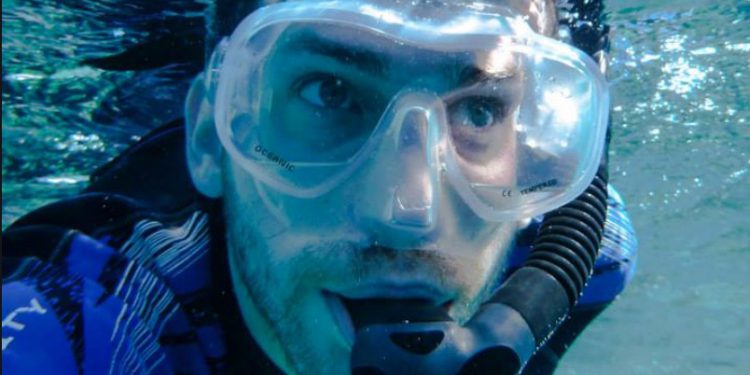Europe’s highest court has dismissed a Dutch last-minute attempt to halt the ban on the controversial practice of pulse trawling.
Electric pulse trawling uses cables to send weak electric pulses along the seabed. The small shocks make fish muscles contract so they jump out of the sand into fisherman’s nets.
Campaigners describe the method as tasering the sea floor, transforming it to “desert” by harming electro-sensitive species such as sharks and rays, also eggs, juveniles, plankton, fish physiology and water chemistry.
The Netherlands brought the action before the Court of Justice in order to continue using electric pulse fishing vessels, saying the EU had not relied on the best scientific opinions when banning it.
The court has said that none of the arguments put forward by the Netherlands demonstrated this.
The judgement said, “While scientific opinions have identified some advantages with electric pulse trawling as opposed to beam trawling, these opinions also noted that a number of residual risks relating to the former had not yet been fully assessed.
“A real victory would be the prosecution of the Netherlands, the reimbursement of the subsidies they have received”
“… Although the scientific and technical studies available contain, at times, divergent assessments of the extent of the negative impacts of electric pulse fishing, none of them states, contrary to what the Netherlands maintain, that this method has no negative impacts on the environment.”
Frédéric Le Manach, scientific director of the campaigning French NGO Bloom said, “A real victory would be the prosecution of the Netherlands, the reimbursement of the subsidies they have received, and compensation for the fishing community which suffered from electric fishing for the past 10 years.”
Bloom estimates that €21.5 million of public subsidies have been provided to electric fishing in the Netherlands since 2007 through €14.3 million from the European Fisheries Fund, between 2008 and 2016, and € 6.5 million from the European Maritime and Fisheries Fund (EMFF) since 2017.
Bloom said that the Netherlands appealed to the Court of Justice of the European Union to satisfy a handful of cynical industrial lobbies.
One study by Wageningen Institute for Marine Resources and Ecosystem Studies (IMARES) Netherlands showed that the spines of 50 to 70 per cent of large cod caught by pulse trawls were broken by the electric shock.
Bloom says the fishing community strongly opposes electric pulse fishing for its hyper efficiency and the severe impact on marine resources, quoting Marc Dezutter of Belgium who said, “electric fishing is so efficient and deadly that all stocks will be affected until only a wasteland is left.”
It points out this fishing method is banned in China, the US and Brazil.























